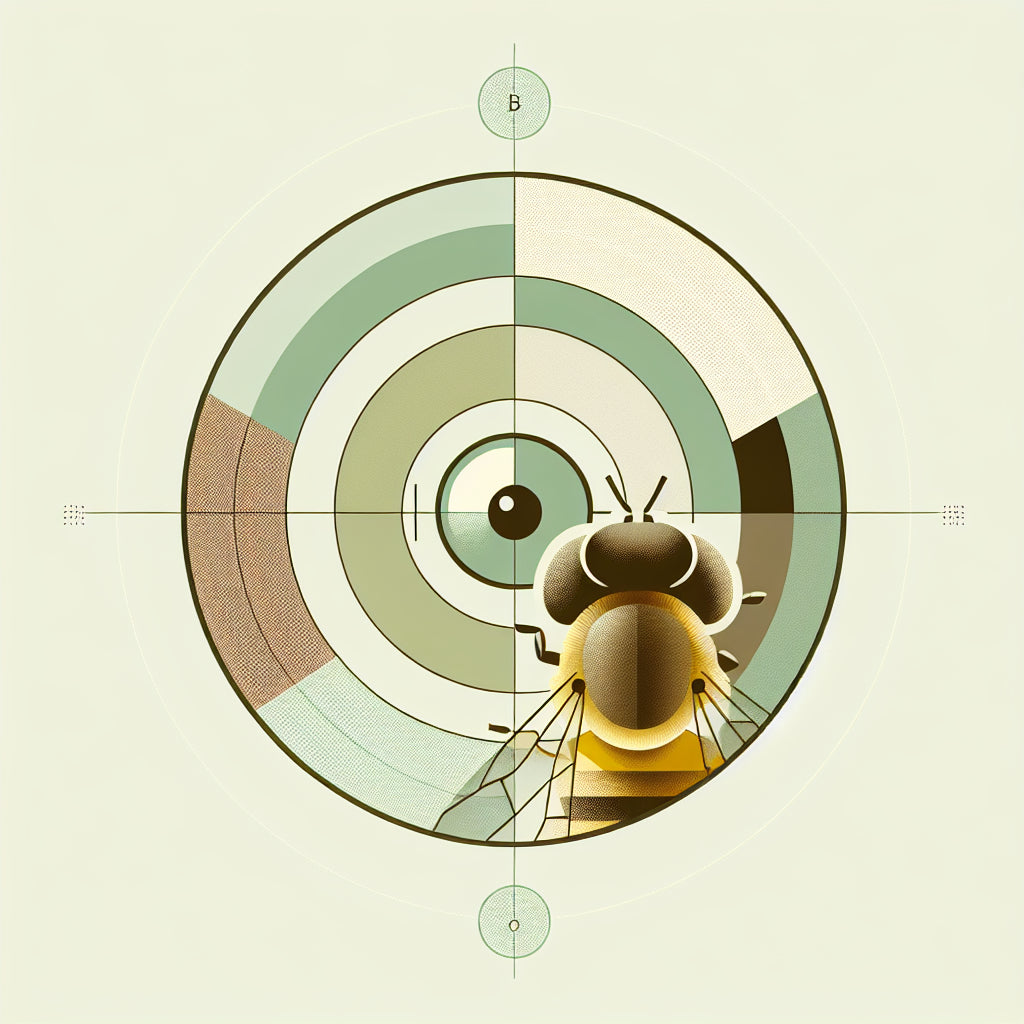
Honeybees detect lung cancer from human breath
Share
Introduction to honeybee olfactory capabilities
It may sound like a plot from a science fiction novel, but honeybees have demonstrated a remarkable ability to detect lung cancer through human breath. Researchers at Michigan State University have uncovered this fascinating capability, which hinges on the bees' acute sense of smell, a trait they share with other animals known for their olfactory abilities, such as dogs.
How the study was conducted
The research team grew different types of human lung cancer cell cultures in the lab to create a synthetic breath mixture that mimics the chemical composition of both healthy and cancerous human breath. They then used extremely small sensors inserted into the brains of honeybees to monitor their neural responses to these breath mixtures. The experiment involved testing these mixtures on approximately 20 bees, observing changes in neural firing rates that indicate recognition of cancerous cells.
Implications of the findings
The ability of honeybees to detect minute concentrations of cancer-related chemicals presents a groundbreaking shift in early cancer detection methods. The bees' sensitivity to these biomarkers could lead to the development of a non-invasive test for lung cancer, which would simply require patients to breathe into a device that uses a sensor inspired by honeybee brains. This device would analyze the breath sample and wirelessly report the presence of cancer-related compounds in real-time.
Future prospects for medical diagnostics
The implications of this research extend beyond just lung cancer detection. The technology could potentially be adapted to diagnose other types of diseases that leave a chemical signature in human breath. This method of detection stands to be far less invasive than traditional methods, such as biopsies or extensive imaging scans, and could significantly expedite the diagnostic process.
Conclusion
The discovery that honeybees can differentiate between various types of lung cancer cells using only their sense of smell is not just a scientific curiosity but a potential cornerstone for developing highly sensitive diagnostic tools for early disease detection. This could revolutionize the approach to diagnosing and treating lung cancer, making it both simpler and more effective.